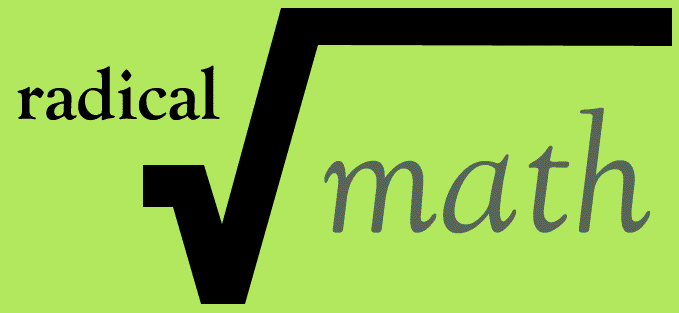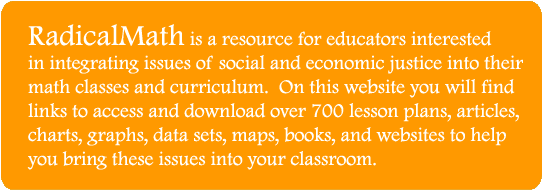Recently, a friend of mine who plans to work as a "social-impact consultant" (she is currently a College senior with a background in intro statistics) requested that I offer some kind of curriculum that targets "math for social justice." I took this to mean a math class that offers enough background to understand
the mathematics already used in the literature (probably things like basic numerical literacy, statistics, growth rates etc. are included in this.)
Given some bulk data etc., have enough mathematical background to interpret it for herself.
In light of Chris' comment: maybe it would be worthwhile to know enough math to tell when mathematics is being used poorly in politics/law/social issues (for example, police algorithms, sentencing algorithms etc. mentioned in the book.
I think the question (at least abstractly) is roughly equivalent to the math required for any kind of anthropological/sociological considerations.
Yet, I'm interested if it is known whether or not there is already a curriculum available that uses data and statistics relevant to those interested in advocating for minority groups (particularly in the United States.)
I've found some kind of meta "how-to-teach math for social justice" (such as this) but was hoping for something more direct.
Additionally, are there known college courses with this goal in mind? What would be additional features one would hope to capture in this field? I've seen a possible list here, but this looks more like a high school curriculum.

